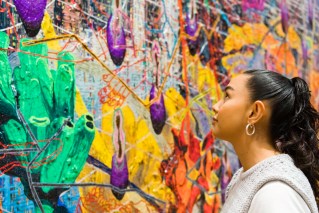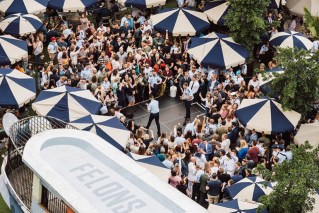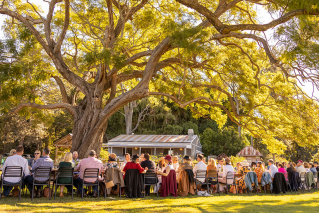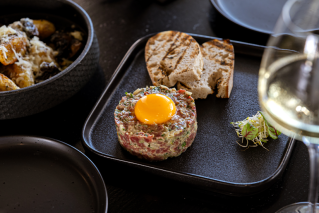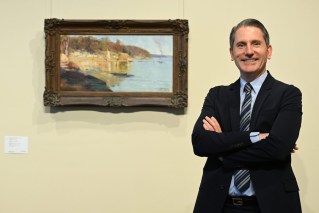Talking about science helps us move toward a new normal
How can we pandemic-proof our future? It’s one of the questions experts will be attempting to answer this week in one of a series of panels taking place for National Science Week Queensland, which officially kicked off on Saturday.

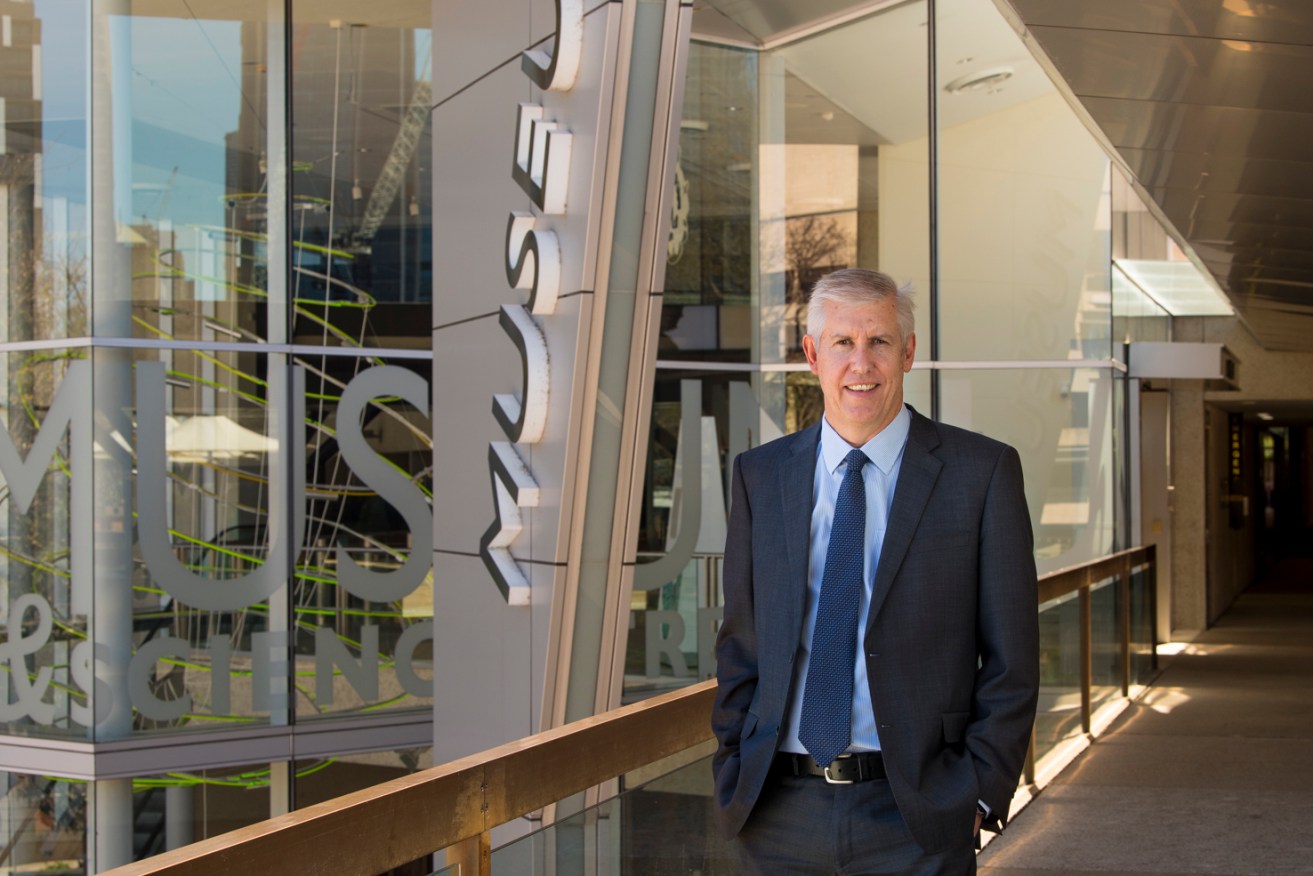
Queensland Museum Network chief executive Dr Jim Thompson.
The annual celebration of science, technology, engineering and maths (STEM) is organised by the national Inspiring Australia initiative, which is hosted locally by the Queensland Museum, and fosters participation in STEM and innovation.
This year’s theme is “Future Earth”, which aims to explore how far science has taken humanity, what lies ahead and how humans can collectively achieve a bright and sustainable future through science and innovation.
“This year, of course we’ve had to go virtual, as with everything else,” Queensland Museum Network chief executive Jim Thompson told InQueensland of this year’s program.
“So we’ve used the tried and trusted technique of panels and discussions about science and programs that are insightful and interesting and fascinating and we’ve got a number of panels that are going to be discussing a range of issues, one of which is called Pandemic Proofing: Facing the new normal.”

The ‘Pandemic Proofing: Facing the new normal’ panel will be one of the highlights of this year’s National Science Festival Queensland.
That panel – which will include University of Queensland virologist Dr Kirsty Short, Professor Ian Frazer, who developed the Gardasil cervical cancer vaccine and Professor Paul Young, head of UQ’s School of Chemistry and Molecular Science – takes place on Wednesday night from 6pm. It will be moderated by ABC journalist health and science journalist Tegan Taylor, who hosts the popular Coronacast podcast with Norman Swan.
“They will basically look at, what is this pandemic doing to us, how science can play a part in finding the solutions in the future, and discuss all aspects of it,” Thompson said.
“I think we look at COVID-19 and think, ‘can we keep talking about it?’
“We have to, because there is so much more to understand and science is going to be key to that.”
Other key panels taking place as part of this year’s National Science Week Queensland program include “Factory of the Future: Where technology meets the everyday” and “The Future is in Their Hands: Tread softly, with purpose and courage”.
“There has been a lot of discussion about manufacturing while we have been closed down and countries have [previously] given up manufacturing in some ways and ‘Factory of the Future’ will discuss whether that’s something that needs to change,” Thompson said.
“’The Future is in Their Hands’ is really about looking at the ecosystem challenges that we face and what young people want to do about looking at the sustainability of the future of planet Earth.
“We’re doing that panel in front of a live student audience at Marsden State High School and it will be broadcast on Thursday from 10 to 11, and the panellists include Scott Miller, CEO and founder of BOP Industries; Jessica Atherton, who’s a research analyst at CSIRO; and a number of other people that can provide different perspectives on a whole range of the environmental issues.
“It’s really about the next generation, looking at some of the threats associated with climate change and then how they can take those forward as well.”
Thompson said National Science Week had been operating for more than two decades and although previous years’ programs have had a strong focus programming events for school-aged children, Thompson said he envisioned this year’s program of events having a broader cross-generational appeal.
“We have had a lot of programs which are hands-on – that’s one of the ways we get people interested in science is by providing hands-on programs and National Science Week, in the last few years, has been very focused on that and we’ve also tried to put science into different arenas – link it to sport and link it to a whole range of areas where perhaps we might get a slightly different crowd.
“I think we are probably offering a program this year that covers more ages, we’re really saying to everybody that’s interested in science, there’s something for you here.”
Thompson said he also hoped National Science Week would help change commonly held preconceptions about science.
“I think most people still categorise it as someone working in a lab with a lab coat on and then occasionally they will see some scientists in the field but it’s just everywhere,” he said.
“It’s in factories, it’s in engineering, it’s in the road building, it’s in all the types of jobs that you can possibly think and it’s really about problem-solving.
“It’s about speaking about the types of problems that you’ve got, and using scientific, mathematic or engineering skills to solve those problems so really it’s part of what everyone should be doing as part of their life.
“I think a lot of people just don’t realise the huge variety and opportunities you can get in terms of studying science and we keep putting these things forward and we’ll continue to do that because we just want people to be involved.”
To find out more about the program of events for National Science Week Queensland website.

